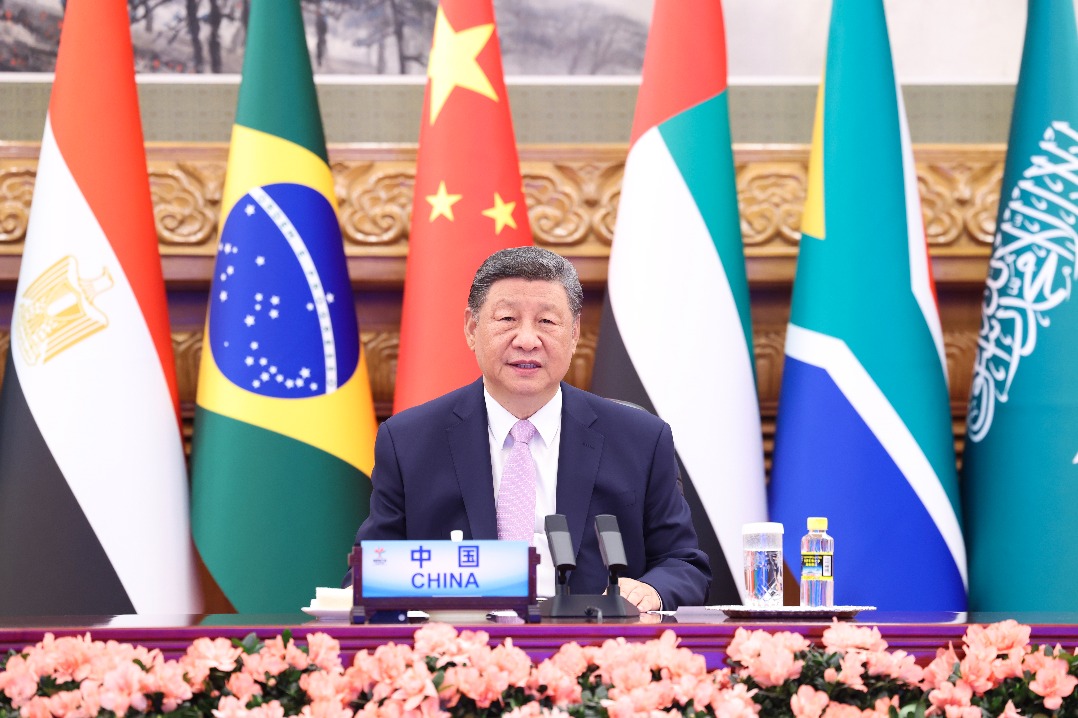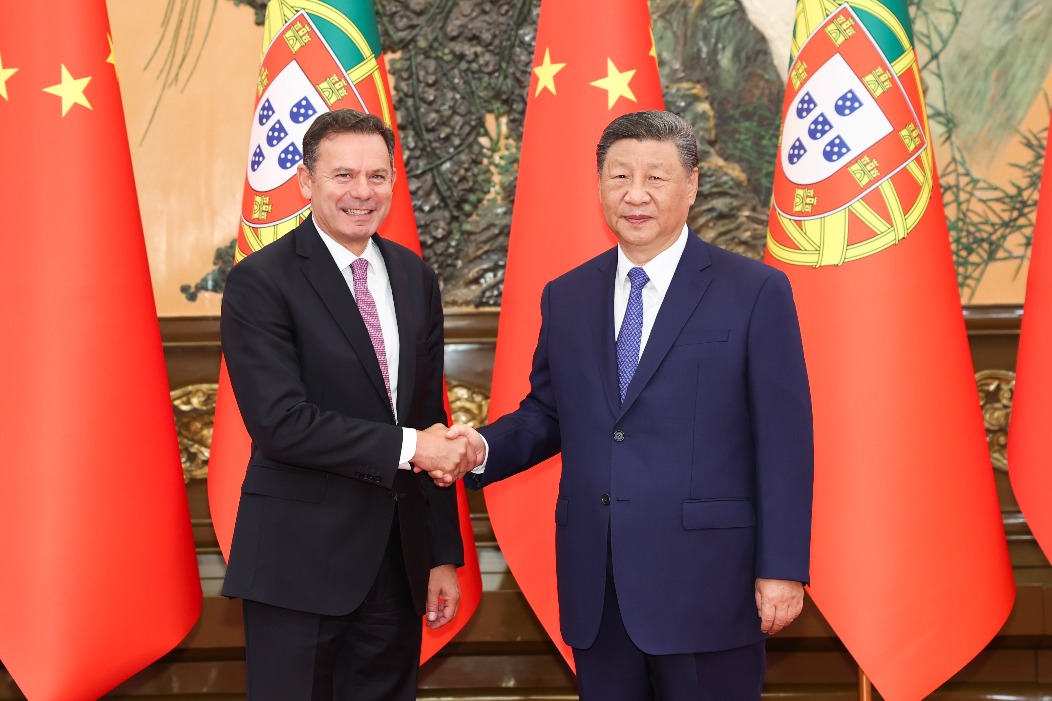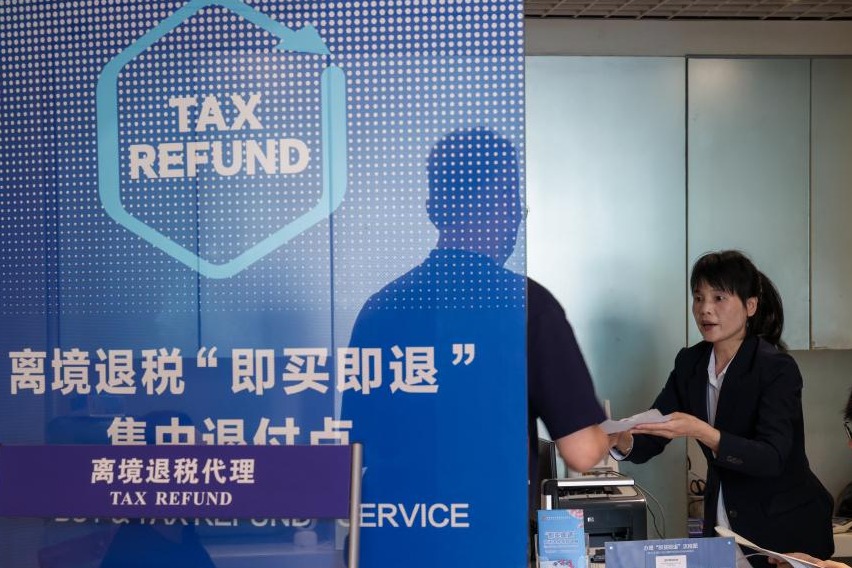Hero status for Wang Qishan

Tony Kwok praises the former chief graft-fighter for laying a solid foundation in the battle against corruption
When people talked about the success of the Independent Commission Against Corruption which turned Hong Kong from one of the most corrupt places on earth into one of the least corrupt in the world, they would undoubtedly attribute much of the success to one great man - Sir Jack Cater, the first commissioner.
When Cater was appointed to start the ICAC in 1974, he faced a tremendous uphill battle fighting the then-entrenched, widespread and organized corruption in Hong Kong, backed by pervasive and powerful syndicates involving senior government officials, local and expatriate alike. At the time, there were only two anti-corruption agencies in the world - Singapore's Corrupt Practices Investigation Bureau and Malaysia's Anti-Corruption Agency; both were small agencies with little to take reference from. He came up with a number of innovative ideas for the new commission to ensure it is independent, accountable and effective, and most of all can stand the test of time. ICAC is the first in the world to come up with the comprehensive three-pronged anti-corruption strategy of "prevention, education and deterrence". It has since become the benchmark for similar anti-corruption bodies around the world. It is the first to have a comprehensive public accountability system such as the Operations Review Committee and Independent Complaint Committee as watchdogs over the ICAC; the first to extend enforcement to the private sector and criminalizing the offense of civil servants possessing unexplained assets and also the first to exercise zero tolerance for corruption. These systems have proven their effectiveness and stood the test of time.
From the start, Cater was determined to set as a priority smashing all corruption syndicates irrespective of their powerful connections. Against all odds, this was achieved in merely three years through the relentless and fearless efforts of his elite team of Operations Department investigators.

In future, when people looked back on the Chinese mainland's successful battle against corruption, they will similarly remember Wang Qishan, who took over the Central Commission for Discipline Inspection (CCDI) five years ago to lead President Xi Jinping's war against deep-rooted corruption in the country. Similar to the Hong Kong experience, Wang managed to turn back the tide by targeting all the powerful corruption syndicates and smashing them one by one, including those in Sichuan, Shanxi, the energy sector, the security services sector and even the powerful military. More than 1.4 million corrupt government officials and generals were jailed or otherwise punished, including some 200 senior officials of vice-ministerial rank and above, and even Party officials more senior than Wang himself. Similarly to Cater, Wang introduced bold new measures to enhance CCDI's effectiveness. He increased personnel dedicated to investigations and set up an internal monitoring system to ensure CCDI staff integrity.
He initiated a system of inspection teams to carry out full audits and investigations across provinces, cities, government bureaus and State-owned enterprises. Wherever the inspection teams go, they appeal for public information and complaints and receive a great support from the people who provide reliable intelligence. This initiative proved highly effective in breaking the regional power centers which control corrupt activities previously untouched by or unknown to the central government.
In my view, Wang's most significant contribution is that he has laid the solid foundation of an anti-corruption mechanism featuring a national supervision commission, which would be answerable to the National People's Congress, and with its head appointed by the NPC. He is also instrumental in drafting the current National Supervision Law to govern the workings of the national supervision commission, to ensure the new commission operates within the law. As Xi announced at the Communist Party of China's 19th National Congress, the current system of "shuanggui", a Party disciplinary practice, would be replaced by the said law and will be subject to a check and balance system to reduce abuse.
When Xi gave his report at the 19th Party congress, the first round of applause broke out when he declared the Party had secured a decisive victory against corruption. The credit for this monumental achievement goes to Wang as well.
(HK Edition 11/13/2017 page8)
Today's Top News
- Huangyan approved as nature reserve
- Establishment of Huangyan Island nature reserve safeguards its marine environment
- Defense minister: Containment efforts unworkable
- Huangyan Island National Nature Reserve gets official go-ahead
- Defense leaders from over 100 countries to attend Xiangshan Forum
- China honors model teachers in celebration of Teachers' Day






























